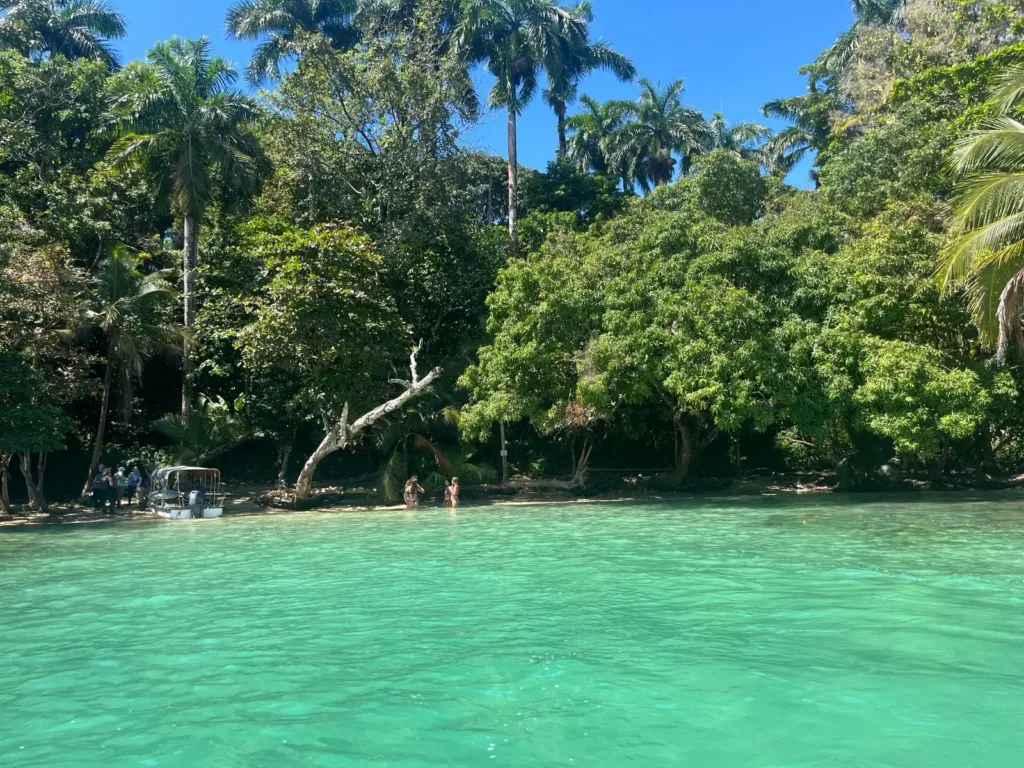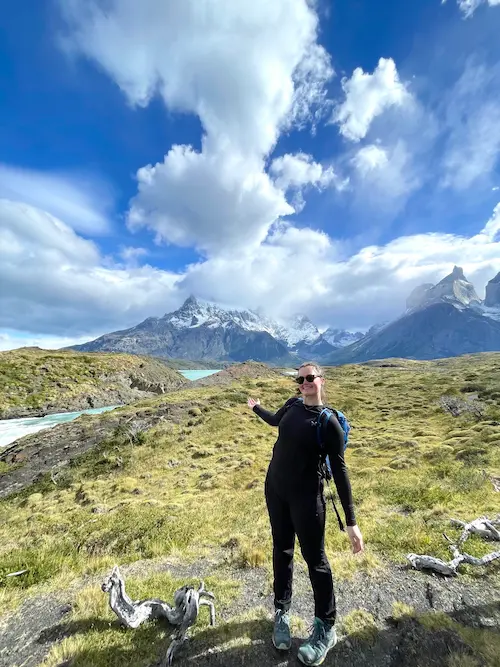SFS Center in Costa Rica is a Model of Sustainable Agriculture
For the third year in a row, The SFS Center for Sustainable Development Studies in Costa Rica passed the criteria of the Rainforest Alliance Sustainable Farm certification. Since the certification was first obtained in the fall of 2011, the Center has maintained a continuous process of improving farm practices, as well as training staff and students in different aspects of the certification. The certification represents a significant commitment from the Center to support sustainable practices of mango and orange production, and to use these practices within the unique educational model of SFS.
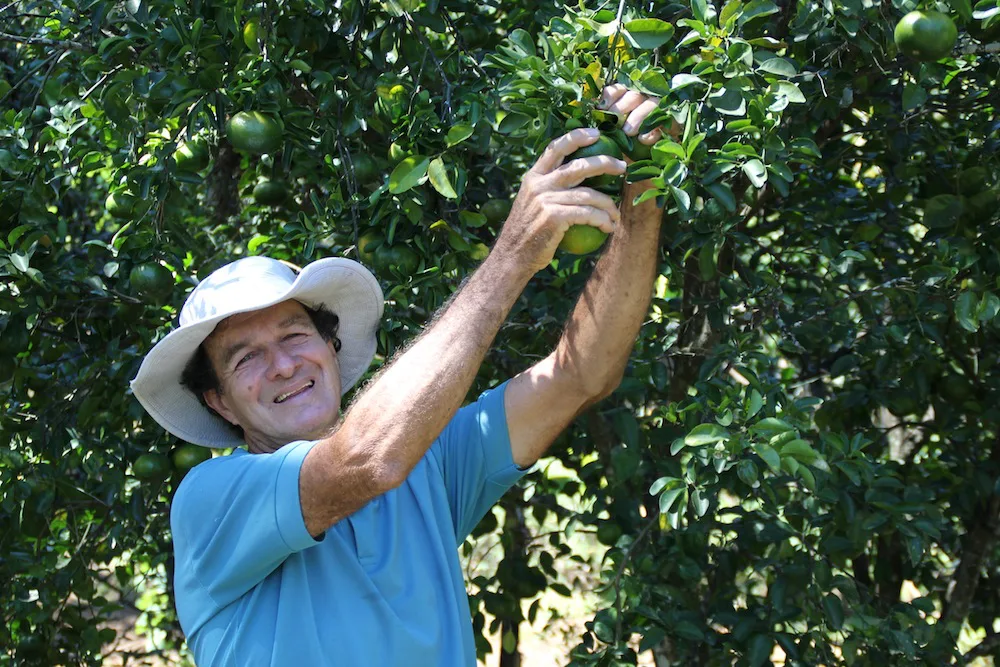
The holistic certification looks at mango and orange production, as well as the overall impact of the Center on local communities and in the integration of the academic, administrative, support staff, and students in the certification process. The certification has provided the protocols necessary to improve management of many farm processes, has implemented a record keeping system, and tracks our energy and water consumption. This expands the learning experience of our students, provides an example of the challenges of executing sustainable agriculture and integrated pest management in the tropics.
Agriculture plays a large role in sustainable development, especially in Costa Rica where agriculture accounts for about 6.5% of the GDP and 14% of the occupational labor force. Small-scale, sustainable farming methods can help Costa Rica achieve its goal of becoming the first carbon-neutral country by 2021. The SFS Center is quickly becoming a model for other mango and orange farmers in Atenas, showing that alternative practices, congruent with biodiversity protection, are possible.
The certification is divided into different programs, including ecosystem, soil, and wildlife conservation, water protection, fair treatment and good working conditions for our employees, positive community relationships, and integrated waste management, among others. The certification becomes progressively stricter, and next year it will be even more challenging.
“Of course it would be far ‘easier’ to spray agrochemicals on them without taking a second look, but then we would lose the opportunity to actually practice sustainable farming on our own finca, not to talk about consequences for the environment or human health,” says Dr. Achim Häger, Resident Lecturer in Principles of Natural Resources Management.
As result of the certification process, the Center has generated sufficient data to start the analysis of energy and water consumption, identifying goals for reducing its carbon footprint. It is something completely different to learn about certification programs from textbooks, versus implementing one in which the staff and students are active members.
“Our hope for our students,” adds intern Rosy Cohane-Mann, “is that they will leave SFS with the means and motivation to be the agents of change in our agricultural systems and, as global citizens, make positive contributions to environmental sustainability.”
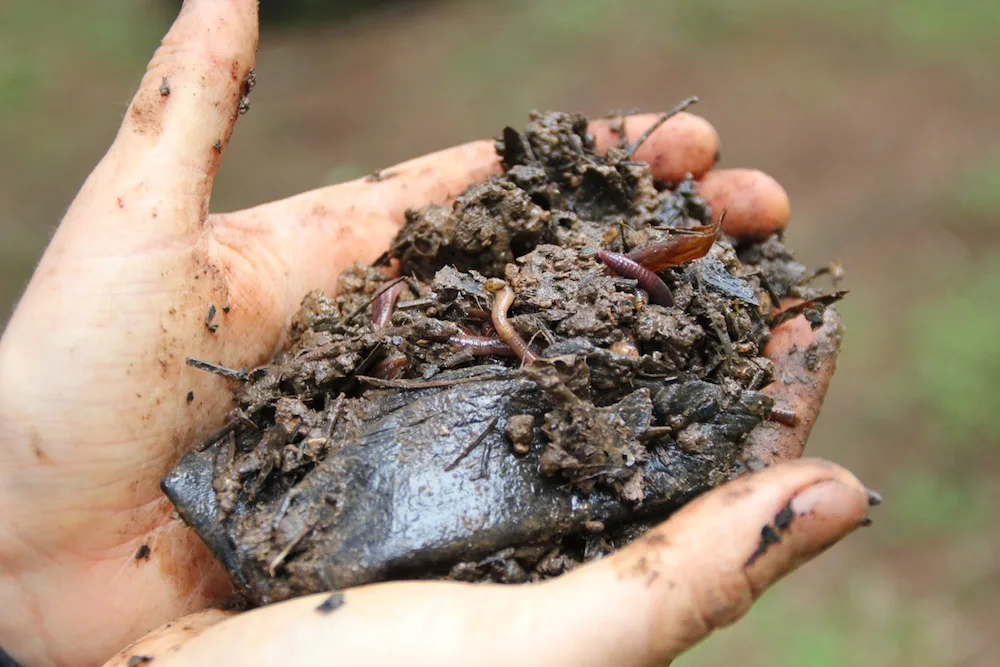
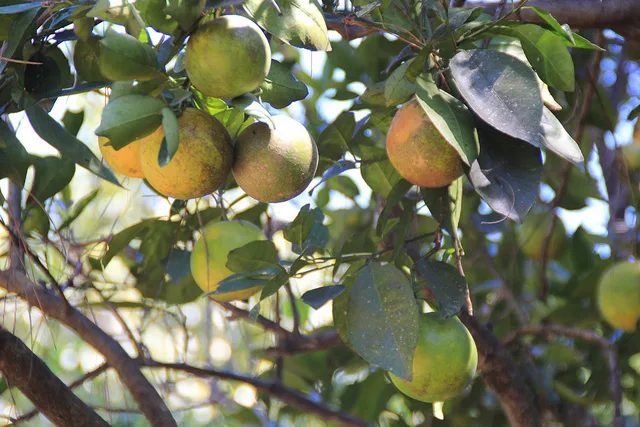
Related Posts

